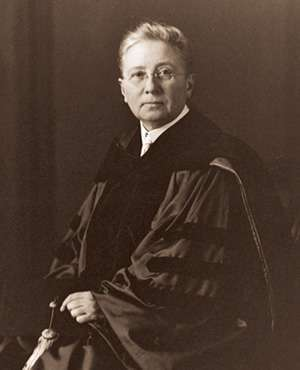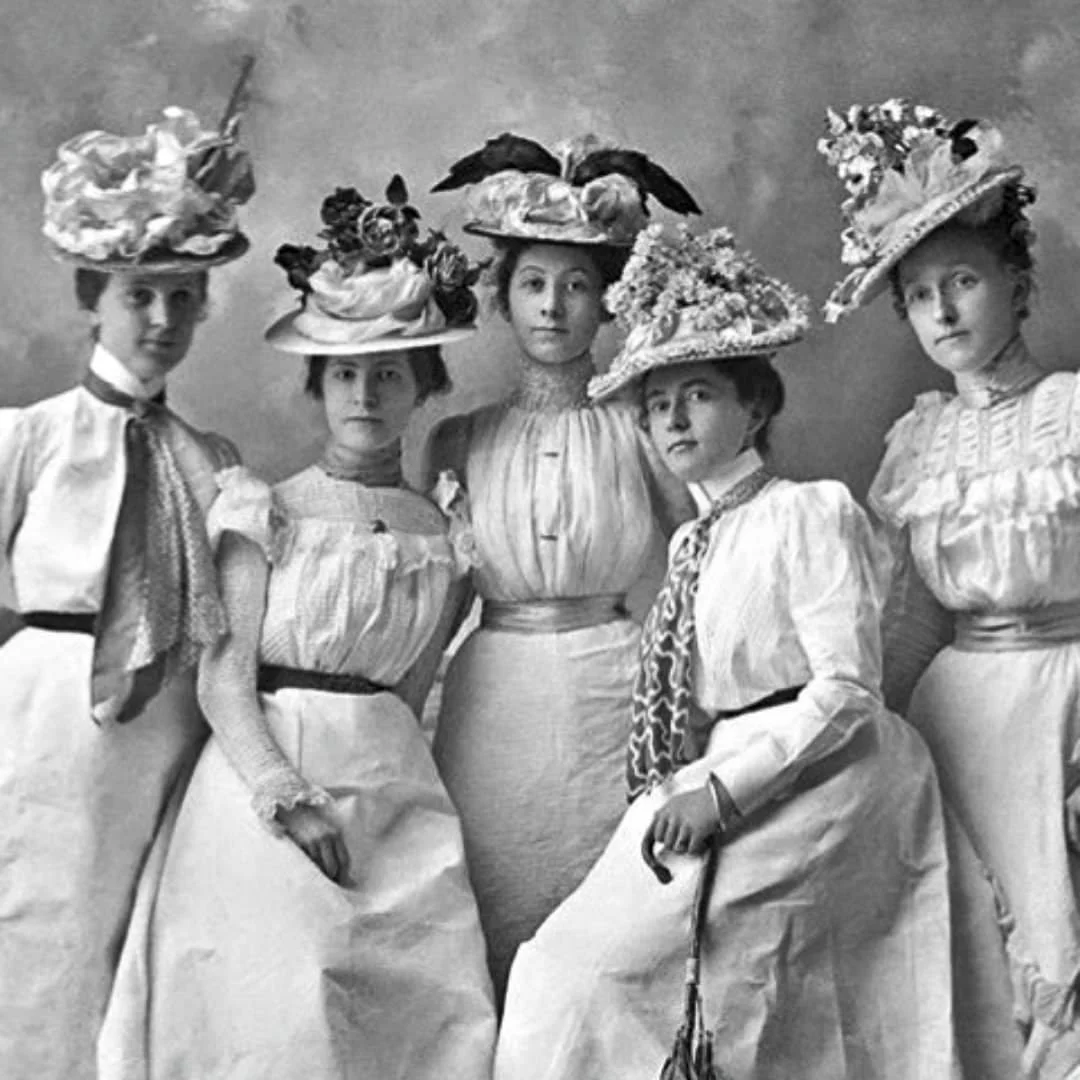Cleila Duel Mosher played a huge part in advocating for women's menstrual health.
Here's the story:
It is the late 1860's and a student at Stanford was searching for a cure for debilitating period cramping pains. From doctor to doctor, no one was able to give her an answer or offer her anything substantial to ease her pain.
In comes, Professor Mosher. Mosher advised this student to "loosen her clothing, lie with knees flexed and apply gentle pressure to abdomen with one hand." She added instructions to "breathe in deeply and see how high she could raise her hand by lifting her abdominal muscles and observe her hand lowering as she exhaled and muscles contracted." Mosher told this student to practice this exercise 10x a day, morning and night.
By the time this student's next cycle came, her pain was gone.
Mosher was passionate about uncovering the physiology of menstruation. She took matters into her own hands and conducted a study. In over 400 women, Mosher studied over 3350 cycles, observing women’s living conditions, nutrition, sleep patterns, and exercise levels. She analyzed details about their cycles, flow, pain, tabled their blood pressure, respiration and hemoglobin levels. She even gave the women diaries to record their feelings and sensations 📖
Mosher wanted to normalize menstrual discomfort, in a time when male gynecologists had inflated the term “abnormal” and perpetuated the assumption that pain was inevitable.
This study and the experience of the student at Stanford, led to the development of "Moshering."
“Moshering” was an abdominal crunch regime that was designed by Professor Mosh to gradually strengthen the core muscles to help relieve cramps and heavy bleeding.
The theory of Moshering disproved one of medicine’s inaccurate theories that women were anatomically not able to inhale and exhale from the abdomen and diaphragm. This was because many physiologists believed that women must be built to respire from their upper chests because the female abdomen was reserved for pregnancy.
Mosher continued her research and by 1923, she had concluded after studying over 12,000 menstrual cycles across more than 2,000 women. She published her book titled “Women’s Physical Freedom” that gave advice to relieve menstrual and menopausal “disabilities".
To learn more about remedies that support all four phases of a menstruating women’s cycle, explore The Cycle Synching Guide
This guide is full of information on nutrition, at home remedies, lunaception, and other holistic rituals to support each cycle
“Health is the birthright of every woman as well as of every man. But until we rid ourselves of some of the hampering traditions, the average woman will not attain this birthright”


